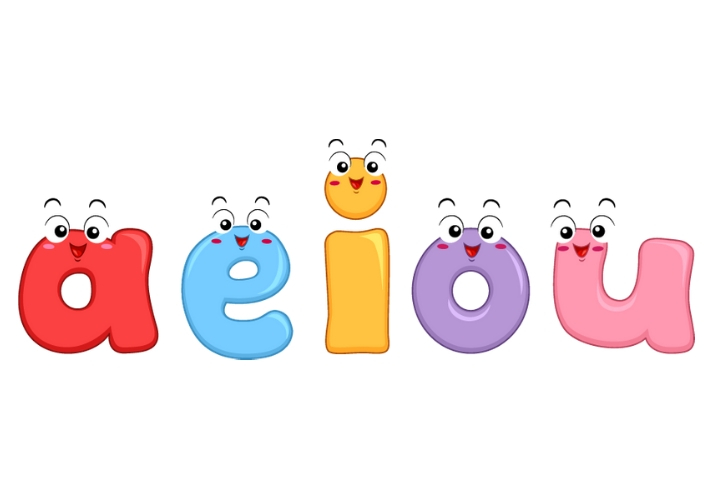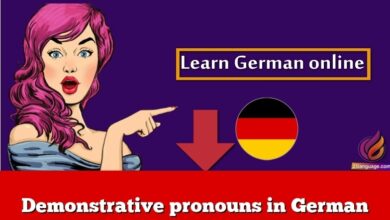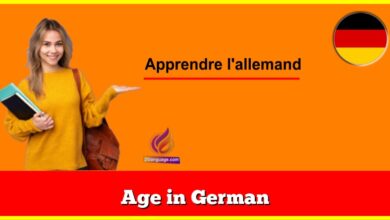Vowels in German

Vowels in German.vowels hold significant sway in shaping meaning and pronunciation, acting as the linchpin around which words and phrases revolve. Linguists and scholars throughout history have accorded paramount importance to the study of vowels, their properties, and their multifarious roles in the realm of phonetics.

Explanation about Vowels in German
Basic Vowels:
German has the same basic vowels as English: a, e, i, o, and u. However, they are pronounced differently. For example, the German “a” is pronounced like the “a” in “father”, and the “i” is pronounced like the “ee” in “see”.
Umlauts:
German also features three vowels with umlauts: ä, ö, and ü. These umlauts significantly affect pronunciation. For instance, “ä” is pronounced somewhat like “eh”, “ö” has no English equivalent but is somewhat like “ur” with rounded lips, and “ü” is also without an English equivalent but is somewhat like “ee” with rounded lips.
Vowel Length:
Vowel length is significant in German. A vowel can be short or long, and this can affect the meaning of the word. For instance, “Ratte” (rat) has a short “a”, whereas “Rate” (installment/rate) has a long “a”.
Diphthongs:
German has several diphthongs (combinations of two vowel sounds within the same syllable). For example, “au” is pronounced like “ow” in “cow”, and “ei” is pronounced like “eye”.
Vowel Combinations:
Some vowel combinations create unique sounds. For instance, “ie” is pronounced like the English “ee”, and “eu” is pronounced like “oy” in “boy”.
Examples for using Vowels in German
| Vowel | Pronunciation | German Example | English Translation |
|---|---|---|---|
| a | ah (father) | Apfel | apple |
| e | eh (bed) | Bett | bed |
| i | ee (see) | Insel | island |
| o | oh (go) | Boot | boat |
| u | oo (food) | Mutter | mother |
| ä | eh (bed) | Äpfel | apples |
| ö | (no English equivalent, like ‘i’ in ‘sir’ with rounded lips) | Öl | oil |
| ü | (no English equivalent, like ‘ee’ with rounded lips) | Über | over |
| au | ow (cow) | Auto | car |
| ei | eye | Ei | egg |
| ie | ee (see) | Lied | song |
| eu | oy (boy) | Europa | Europe |
In conclusion, vowels are the lifeblood of the English language, providing the foundation upon which words are built and meanings are conveyed. A deep understanding of vowels and their various applications enhances our ability to communicate effectively, enriches our linguistic repertoire, and opens up a myriad of expressive possibilities.





























